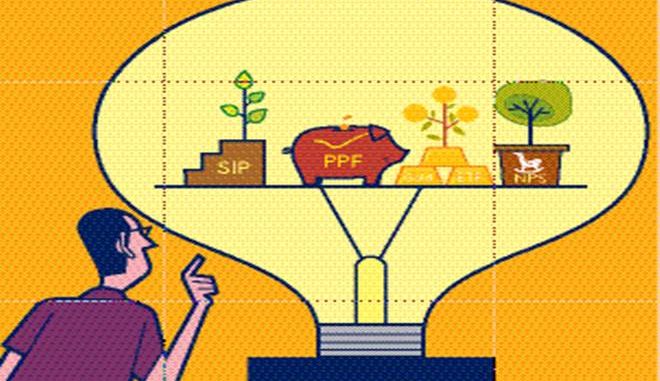

The key to a worry-free today and a secure future are good investment choices. But building a strong financial portfolio can be often complex and tricky. One must keep in mind factors such as financial goal, risks involved, investment returns and the availability of funds to accrue desirable gains.
Here are a few investment avenues you can consider to have a strong 2020 and beyond.
Build equity in a staggered manner
Equity is one of the most important asset classes in your investment portfolio, because of its potential to beat inflation and create wealth through disciplined investing via SIP. It will take care of your future financial goals that require accumulating a corpus. If invested for a longer period of time, you can expect the best returns from equity mutual funds. Given the stretched valuations of the equity market, investors should prefer steady investments staggered investments through SIP/STP mode over lump sum method.
Invest in ultra short
Some investors are not willing to park their funds for a longer period of time or seek liquidity when they invest. To facilitate their soon-to-come financial goals, SEBI has regulated ultra short-term and low-duration income schemes which are reliable, give returns over a short term period and are highly liquid. For your goals in the near future, don’t look beyond ultra-short-term and low duration fixed income schemes. They are also more tax-friendly than fixed deposits, especially for those in the higher tax slabs, if held for more than three years.
Diversify by investing in gold
You could invest in gold for personal emergencies and as a shield during economic crises. Gold as an asset class is an excellent hedge against inflation and market volatility. One can invest in gold via a gold fund or a gold exchange traded funds if he doesn’t want to actually buy the asset in its physical form but wants to capitalize from the dynamic price movement of the commodity. If you hold a demat account, you can invest in a Gold ETF, which invests in gold of 99.5% purity.
The units of these funds are traded on the stock exchanges of India. However, investment via SIP is not allowed in a Gold ETF. If you want to make a periodic investment into gold, you can invest in gold funds, which buys units of gold ETF, and allows individuals to invest in the fund at regular intervals. Gold funds also offer higher liquidity and security than physical gold and other gold-related instruments like gold ETF. Try to hold 5-15% of your portfolio in gold through gold funds.
Invest in small savings
The Centre has regulated different saving schemes such as PPF, Post Office Saving Schemes etc which enable individuals to participate and invest according to their financial requirements. These schemes can help you with monetary requirements for marriage, education, healthcare etc and some can be tax saving instruments.
If you have an old school investment mindset or are a conservative investor, not looking to take on market risks and seek diversification in the tax saving segment of your portfolio, small saving schemes can be a good option for you.
Invest in NPS for retirement
The National Pension System (NPS) is a government pension scheme, but is market-linked. Investors can accumulate a retirement nest egg through a defined contribution which requires regular contributions by investors. Since it is a market-linked product, the returns are directly associated with the performance of the funds chosen. The scheme is perfect for a salaried person wanting to make the most of deductions under 80CCD(1) and 80CCD(1B). Keep in mind that your investments will mature only when you retire hence liquidity could be a concern.
Investors are advised not to hurry and make rash decisions, such as stopping mutual fund SIPs due to under-performance. Keep in mind your financial goal, the risk you are willing to take and your investment horizon. You can always move around your portfolio or increase investments as you grow older and your priorities change.
[“source=financialexpress”]
